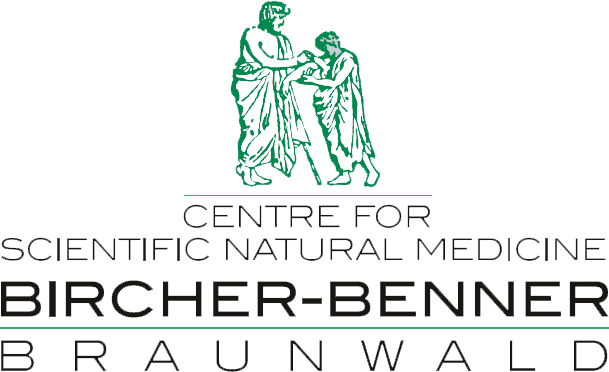ON DISEASES OF THE HEART
Someone who is suddenly afflicted with a cardiovascular disease feels threatened in his innermost being. After all, we are talking about the most vital functions of our being. In fact, blood pressure was often quite low. Then suddenly problems start to appear with a rise in blood pressure, usually after persistent psychological stress, anger, prolonged work stress or food rich in salt. This derailment of normal blood pressure is marked by dizziness, headaches, preoccupation, anxiety and fear. After a short medical examination to rule out any rare causes, the family doctor prescribes the first medications, pointing out that this medication will be necessary for the rest of the patient's life and must be taken with utmost reliability, otherwise it could have dangerous consequences. The blood pressure medication often works quickly at the beginning, the patient gets used to the routine and becomes somewhat calmer. But the disease quietly keeps progressing. The dose needs to be increased, new drugs are added along with effects, side effects and drugs against those side effects. But why is the cause not questioned? It was not even on the cards. So the road from the first symptoms directly led to drug therapy, without eliminating the causes. This is not a result of bad intentions, but rather the consequence of a fundamental "misunderstanding" between the current medical paradigm and the biology of the human organism. It is necessary to remedy this shortcoming in medical thought and action, because it has precarious consequences:
In 2006, 81.1 million people in the USA, or one in four of the population, suffered from one or more cardiovascular diseases: 73.6 million from high blood pressure and 7.6 million from coronary heart disease (angina pectoris). 8.5 million people suffered a heart attack in the same year and a further 8.5 million people died as a result of a cardiovascular disease. Arteriosclerosis has an early onset. Paediatric studies reveal that even young children suffer from heart problems due to manifest atherosclerosis if they are not receiving an appropriate diet. Angiologists refer to this as an “iceberg phenomenon” because 85% of the atherosclerotic changes go undetected for a long time.
As long as no sensitive structures such as the heart valves or important regulatory centres are affected, it is possible to cure atherosclerosis by following a well-informed diet plan based on fresh foods from vegetal origin, by abstaining from nicotine, alcohol, coffee and other stimulants and by leading an orderly lifestyle. Even in late stages, its progression can still be halted. Those who are wise enough to tackle the causes early on and consistently, have the best chance of complete recovery. Atherosclerosis is reduced again and the person is rewarded with a general increase in vitality and resilience. This reorientation is also worthwhile in the later stages, as a significant improvement in the condition and a renewed burst of mental and physical strength can still be expected. Blood pressure and cholesterol levels will return to normal within a few weeks and under medical supervision the medication can be reduced and finally discontinued.
Oxidative stress caused by stimulants, malnutrition and a poor lifestyle are considered to be the main causes of atherosclerosis, heart attacks and strokes. It leads to a build-up of waste products in the matrix of the delicate connective tissue of the artery walls, amyloid deposition and the oxidation of LDL cholesterol (becoming rancid), and consequently to atherosclerosis. LDL cholesterol is very important and good cholesterol. It is a building block of the myelin of the nerve sheaths and is crucial for memory and for the stabilisation of cell membranes throughout the body. Cholesterol-lowering drugs (statins) inhibit its synthesis. These drugs do not address the cause, do not eliminate oxidative stress and have the potential for severe side effects such as memory impairment and muscle weakness. A vegetarian diet consisting of at least 2/3 of fresh, living food (raw fruit and vegetables) has a high energy potential and is extremely rich in secondary plant substances, vitamins and antioxidants that are known to lower blood pressure and lipid levels. It provides reliable protection against excessive accumulation of free radicals, oxidative stress, high blood pressure, atherosclerosis, heart attacks, strokes and dementia. A worthwhile journey.
Tip:
Start each meal with fruit and nuts. Replace coffee with green tea and peppermint, alcohol with fruit juices and white bread with whole-grain dishes. Cut down drastically on animal based nourishment and avoid industrially manufactured and artificial ready-made products. You will find scientific explanations and practical instructions in our Manual Vol. 19 for patients with hypertension, cardiovascular diseases and atherosclerosis.
